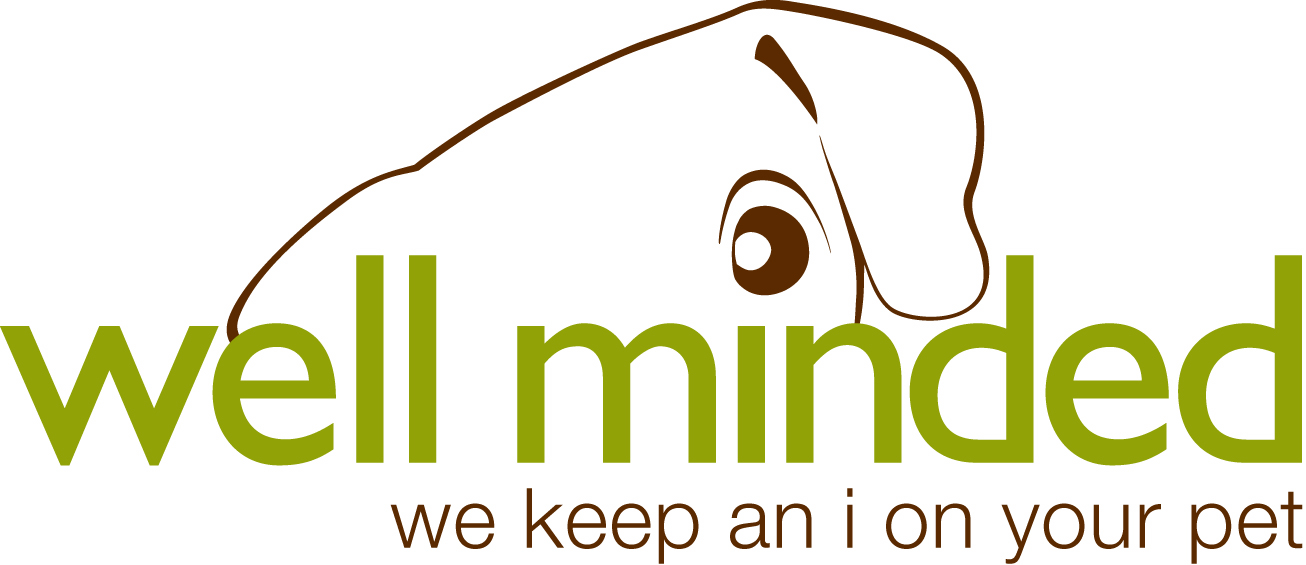Boy, do I feel duped. I feel like I'm pretty knowledgeable when it comes to animal testing and products that are tested on animals. I read labels, and I try to avoid any cosmetic or household product that may employ animal testing. I was browsing my April/May 2014 issue of Vegetarian Times, and came across an article called "Mindful Beauty" by Elizabeth Barker. It was well-written. Barker talked about which ingredients to steer clear of because they might be harmful to your health, the planet, or animals. It was the sidebar about the "leaping bunny," though, that really caught my attention:
How can you be certain no animal was harmed in the process of testing whether that new serum or shampoo might have irritating effects? 'Some companies state they don't test on animals, when in fact they merely contract other companies to do the testing,' explains Leaping Bunny Program (leapingbunny.org) spokesperson Kim Paschen. By signing on to the leaping Bunny standard, she says, companies ban animal testing through all stages of the manufacturing process, and source ingredients solely from suppliers that also have eliminated animal testing. Much like farmers may practice pesticide-free agriculture without the organic designation, beauty product manufacturers may forgo animal testing without Leaping Bunny certification. But a listing in the program's Compassionate Shopping Guide assures an animal test-free product.
Okay. So, basically, a package can say "we don't test on animals" and be speaking the truth when, in fact, they've hired "Acme Animal Testing, Inc." to test the product. That's a bit like my kid telling me "I didn't break the window. My baseball did."
Or, a company can say "this product was not tested on animals" and be speaking the truth because the product in it's final form was not tested on animals but each ingredient was.
It's all about tricky semantics, and it stinks.
So look for the leaping bunny on your products. It's a quick way to know what you're purchasing is cruelty-free. But just because a product doesn't display the logo, doesn't mean it tests on animals. Use of the logo is pricey, so some companies choose not to use it. They still appear on the Leaping Bunny Compassionate Shopping Guide. But that's not the end of the story.
I love Melaleuca products–cosmetics and household cleaners, and was concerned a few years ago when I didn't see them on the Compassionate Shopping Guide, but, instead on the "do test" list. I couldn't believe that such a compassionate wellness company would test on animals! I was horrified. So I called the company and received a letter from CEO Frank Vandersloot.
It turns out that the reason they were on the "do test" list was because they shampooed some dogs with their dog shampoo before taking it to market. Since the dog shampoo contained no toxic ingredients, they were certain that the dogs would not be harmed. They were merely "testing" to be sure the shampoo did a good job. Sounds reasonable to me. Faith restored. In order to appear in the Compassionate Shopping Guide, a company may not conduct animal testing of any sort, and this, indeed, is an animal test. It's great that the list is so strict. We know with 100% confidence that companies who appear on the list absolutely do not test on animals in any way. We just might want to take that with a grain of salt.
If you suspect that your favorite product might be tested on animals, contact the company and ask. Listen closely, and don't be fooled by claims of "we don't test." Dig a little deeper. "Do you contract other companies to provide animal testing on any of your ingredients or your final product?" is a good question to ask.
Further reading:

